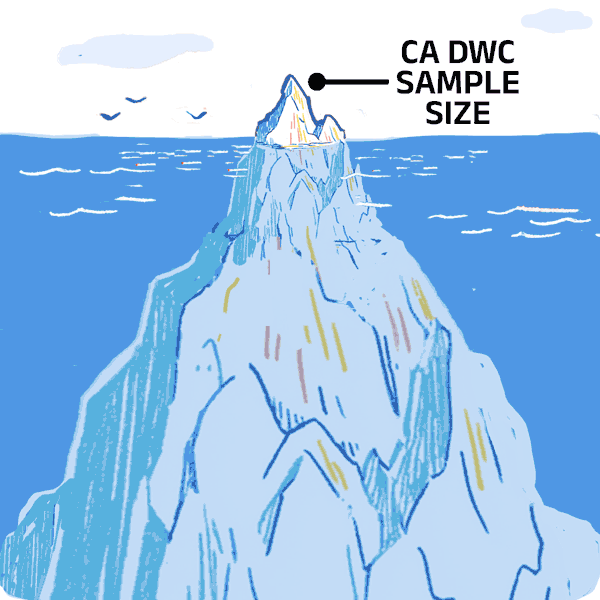RFA For Emergency Treatment in California Workers' Comp

First, let’s be clear that providers never have to wait for authorization before providing emergency treatment an acute medical condition. Never.
However, the provider must ultimately obtain authorization for all services, even when the injury is time-sensitive or a medical emergency. While the authorization and utilization review (UR) process should never be an obstacle to such treatment, there are mandated procedures and timelines for submitting the official Request for Authorization (RFA).
Emergency Authorization
California Code of Regulations (CCR) Section 9792.6.1(i) defines “emergency health care services” as:
...health care services for a medical condition manifesting itself by acute symptoms of sufficient severity such that the absence of immediate medical attention could reasonably be expected to place the patient's health in serious jeopardy.
In an emergency, providing these services is obviously the first priority. Therefore, providers must obtain authorization after the fact. Fortunately, for all its shortcomings, the RFA requirements provide a way to obtain authorization retrospectively.
There are 3 categories of RFA in California workers’ comp:
- Prospective: before providing treatment.
- Concurrent: during an inpatient hospital stay.
- Retrospective: after providing treatment.
Naturally, RFAs for emergency treatment fall into the retrospective category. As the DWC website instructs, “Failure to obtain authorization in advance cannot be the basis for denying payment for emergency treatment [emphasis theirs].”
Also, bear in mind that automatic authorization may apply to a given emergency treatment. Per Labor Code Section 4610, treatment qualifies for automatic authorization when it meets the following conditions:
- Date of injury (DOI) is on or after January 1, 2018
- Date of service (DOS) is within 30 days of the DOI
- Liability for body part and condition is accepted by the claims administrator
- Treatment is included in the Medical Treatment Utilization Schedule (MTUS)
- Physician is included in employer’s Medical Provider Network (MPN) or is employee’s predesignated physician
- Treatment is not excluded from automatic authorization under LAB § 4610(c)
Treatments that qualify for automatic authorization do not require utilization review (UR), but the provider must submit a retrospective RFA within 5 days of rendering service. The claims administrator may not deny or modify this RFA, however; its sole purpose is to allow the claims administrator to confirm compliance with MTUS guidelines.
Expedited Authorization
For injuries that are time-sensitive, but not necessarily emergencies, providers can expedite the prospective or concurrent RFA process.
An expedited RFA shortens the timeframe in which the claims administrator must respond to a prospective or concurrent RFA. According to CCR § 9792.6.1(j), providers may designate the RFA as expedited when:
- The injured worker faces an imminent and serious threat to his or her health, including, but not limited to, the potential loss of life, limb, or other major bodily function.
- The normal timeframe for the decision-making process would be detrimental to the injured worker's life or health or could jeopardize the worker's permanent ability to regain maximum function.
Note that the examples of “imminent and serious threats,” such as potential loss of life or limb, are not exclusive.
Per CCR Section 9792.9.1, the provider must indicate the request for expedited UR on the RFA and include documentation substantiating the need for expedited UR. The claims administrator must make the decision to approve, modify, or deny an expedited RFA within 72 hours, and communicate the decision via phone, fax, or email within 24 hours of the said decision.
The authorization and UR process for California workers’ comp leaves plenty to be desired. But at the very least, the system allows providers to put treatment, not authorization, first in a situation where time is of the essence.
Authorization and UR is a headache. That’s why our Billing Software includes easy, instant RFA submissions, and alerts the provider when a response is due. Schedule a free demonstration, and see how easy it can be.
REQUEST DEMO
DaisyBill provides content as an insightful service to its readers and clients. It does not offer legal advice and cannot guarantee the accuracy or suitability of its content for a particular purpose.




